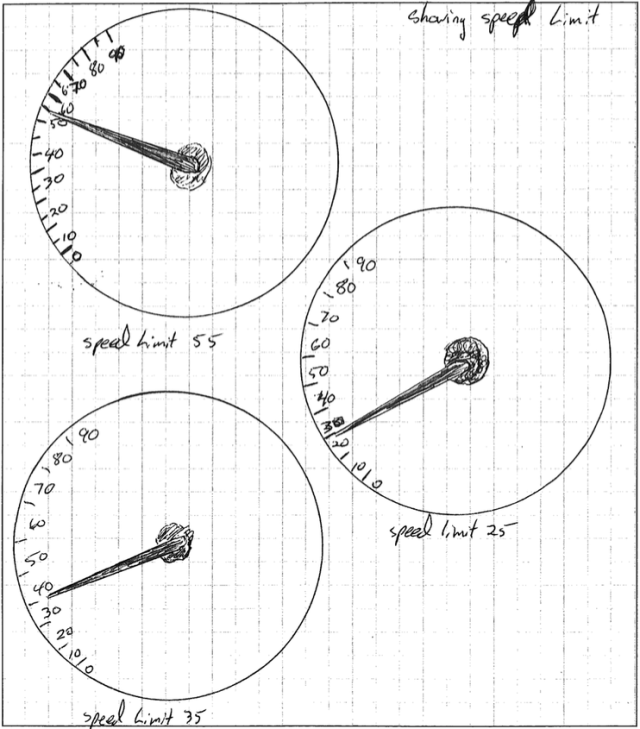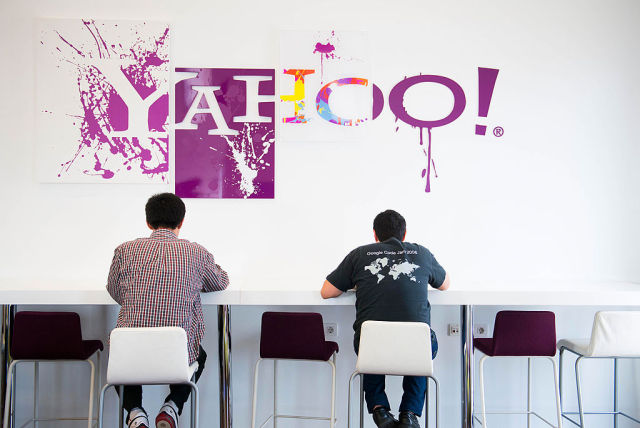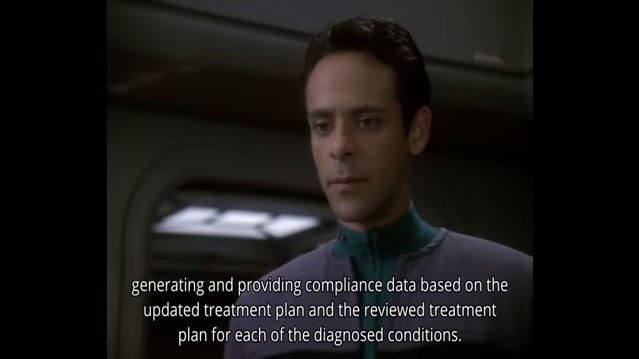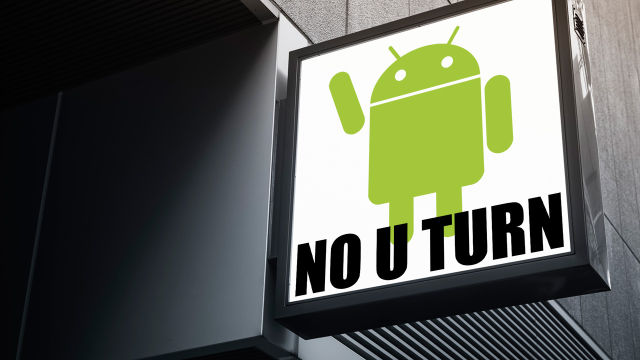
19-year-old Giuseppe Cuozzo's drawing of his idea, from 2000. (credit: USPTO)
Patent trolls don't fare well at the Supreme Court. When they show up, their cases tend to result in decisions that are ruinous for the profit margins of their industry. Two prominent examples: the 2006 eBay v. MercExchange case effectively ended trolls' abilities to get injunctions, and the 2014 Alice Corp. case made it far easier for patent defendants to invalidate abstract software patents.
And yet, the cases keep coming. The most recent example is Cuozzo Speed Technologies LLC v. Lee, a case that was resolved earlier this week with an 8-0 opinion dismantling arguments presented by Cuozzo, a patent-holding entity controlled by two New York patent lawyers, Daniel Mitry and Timothy Salmon. The two attorneys own dozens of other patent shell companies through their consultancy, Empire IP.
What were Mitry and Salmon hoping for? Using the Cuozzo case as their vehicle, they hoped to tweak changes in the rules for "inter partes reviews," or IPRs, a proceeding created by Congress in 2012 that allows the patent office to take a second look at patents to see if they should never have been issued in the first place. While the tech sector still seeks legislative reform to end the spate of "patent troll" lawsuits, IPRs have been an effective way to shut down some patent cases at a fraction of the cost of a full-blown court trial.








